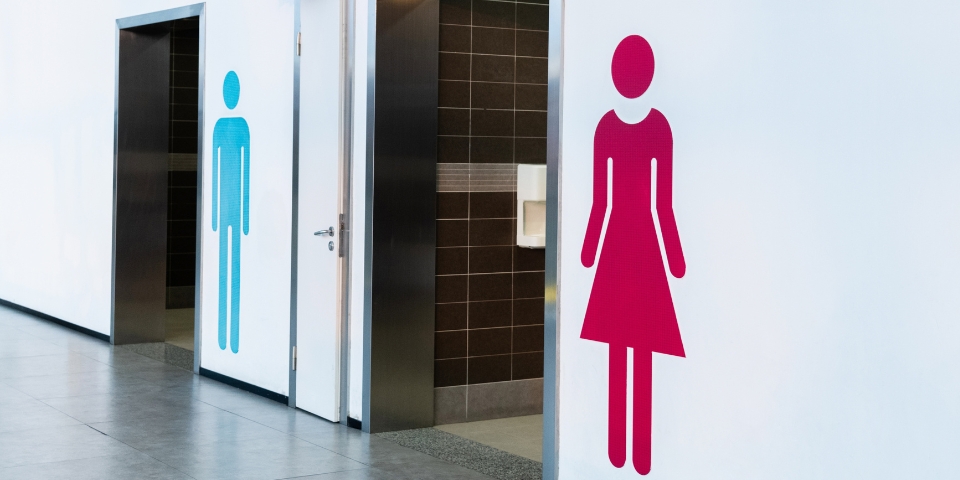Estimated reading time: 3 minutes
The Supreme Court ruling in the case: For Women Scotland Ltd (Appellant) v The Scottish Ministers (Respondent) 2025 UKSC 16 makes it clear that a person’s biological sex is the key determination of treatment under the Equality Act 2010.
The Supreme Court ruled in April 2025 that the Scottish Government was acting unlawfully in treating men who identify as women and who have a gender recognition certificate as women for the purpose of a government policy aimed at improving inclusion of women in public life.
The Supreme Court judgment used the term “biological sex” to mean the sex of a person at birth (paragraph 7). The underlying meaning of biological sex in law has been settled since the case of Corbett v Corbett in 1971 where the High Court held that it is observed at birth and relates to the biology of sexual reproduction.
The Supreme Court said that the Equality Act 2010 has wide-ranging practical, everyday consequences for many individuals and organisations. The judgment said (at paragraph 175):
The concept of sex is of foundational importance in the EQ 2010
This means that single-sex spaces (such as toilets, changing and washing facilities) are lawful and must be based on biological sex (the sex at birth).
The Equality Act 2010 protects people from discrimination on grounds of gender reassignment, but this does not create an automatic right for a trans person to access the opposite-sex toilet or changing facilities. They can still have access to the toilet or changing facilities according to their birth sex.
In accordance with the Supreme Court judgment excluding a male person (whether or not they identify as a woman) from the women’s toilets is permitted in order to protect women’s privacy, dignity and safety for example.
What should employers communicate to their staff following the Supreme Court ruling in For Women Scotland?
- Emphasise to all staff that respecting single-sex boundaries is lawful and not discriminatory.
- Remind everyone that trans staff are still protected against harassment and victimisation under the Equality Act.
In the case of services that are open to the public (eg health care access) it is not compulsory for there to be single-sex facilities such as toilets. There can be single-sex toilets if it is a proportionate means of achieving a legitimate aim (PAMLA) (e.g for safety) and they meet other conditions of the Equality Act. However it could be indirect discrimination against women if the only toilets are mixed sex (unisex). Accordingly, service providers are likely to offer single-sex facilities rather then mixed-sex ones.
In April 2025 the Equality and Human Rights Commission (EHRC) provided its update on the practical implications of the UK Supreme Court judgment. However, given the need for greater clarity and that the guidance did not clearly follow the Supreme Court judgment the EHRC, after a further consultation involving responses from some 50,000 organisations, issued updated guidance. This guidance is currently before the Minister for Women and Equalities to review and then, once approved, it will be published. We expect this in a matter of days.
Final thoughts
The Supreme Court judgment does not require an employer’s current single sex toilets to be altered to mixed (uni) sex. However, depending on the make up of your staff, questions will be asked because of the misunderstandings certain pressure groups have given out about the judgment.
For the avoidance of doubt, if there is only one toilet at a workplace, and its a single lockable cubicle type, this can still be used by any member of staff.
If this issue affects your workplace and your staff, we can advise you on next steps, and policy / communications. please make contact.






